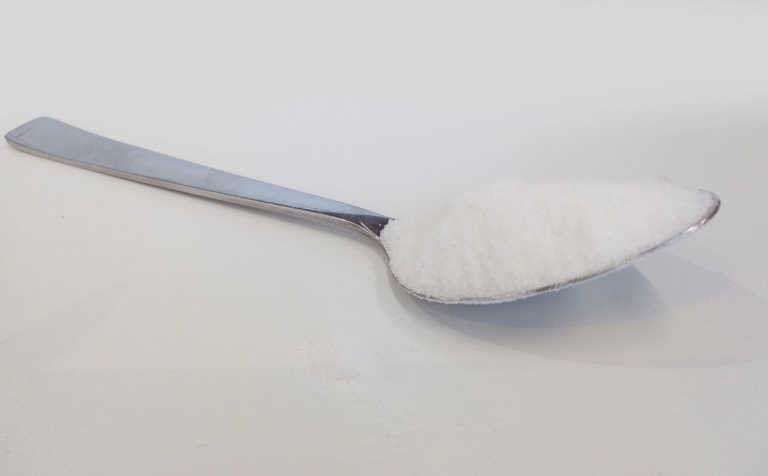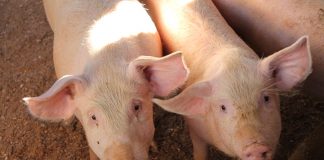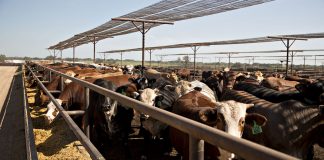
Photo: FW Archive
Researchers from the University of California at San Francisco have discovered that the Sugar Research Foundation (SRF) funded animal research to evaluate the effects of sucrose on cardiovascular health.
However, when the evidence seemed to indicate an association between sucrose and heart disease and bladder cancer, the foundation had terminated the project.
Cristin Kearns, Dorie Apollonio and Stanton Glantz, writing in the journal PLOS Biology, said that the information came to light after they reviewed internal ISRF documents from 1969 and before.
(The SRF changed its name in 1968 to the International Sugar Research Foundation).
The analysis by Kearns and her colleagues suggests that the industry knew of animal research suggesting this link and halted funding to protect its commercial interests.
They also found that the SRF had secretly funded a 1967 review article that downplayed evidence linking sucrose consumption to coronary heart disease.
This review found that gut microbes might explain why rats fed sugar had higher cholesterol levels than those fed starch, and dismissed the relevance of animal studies in understanding human disease.
The university study says that in the 1960s, scientists had disagreed over whether sugar could elevate triglycerides relative to starch, and the project’s results would have bolstered the case that it could.
Terminating the project echoed SRF’s earlier efforts to downplay sugar’s role in cardiovascular disease.
The researchers said that the current debate on the relative effects of sugar vs. starch might be rooted in more than 60 years of industry manipulation of science.
Last year, the Sugar Association criticised a mouse study suggesting a link between sugar and increased tumor growth and metastasis, claiming that no credible link between ingested sugars and cancer had been established.
Manufacturers now add sugar to 74% of packaged foods sold in supermarkets.
“Our study contributes to a wider body of literature documenting industry manipulation of science,” the researchers wrote in their paper.
Study co-author Stanton Glantz said that this kind of manipulation of research was similar to that practised by the tobacco industry.
“This kind of behaviour calls into question sugar industry-funded studies as a reliable source of information for public policy making,” he said.
The US Sugar Association (USSA) responded with a statement disputing the contents of the paper published in PLOS Biology.
The statement panned the paper as “not actually a study, but a perspective: a collection of speculations and assumptions about events that happened nearly five decades ago, conducted by a group of researchers and funded by individuals and organisations that are known critics of the sugar industry”.
The USSA added that, following the publishing of the paper in PLOS Biology, it had reviewed its own research archives and found documentation proving that the original study had not been halted to hide results that were potentially harmful to the sugar industry.
Rather, the study had been ended because it was significantly delayed and consequently over budget, and the delay had overlapped with organisational restructuring due to the fact that Sugar Research Foundation had become a new entity, the International Sugar Research Foundation.
“There were plans to continue the study with funding from the British Nutrition Foundation but, for reasons unbeknown to us, this did not occur,” the USSA’s statement said.
The USSA added that it would always advocate for and respect any comprehensive, peer-reviewed scientific research that provided “insights and aids our understanding of the role food and nutrition serve in our lives”.
Trix Trikam, executive director of the South African Sugar Association (SASA), said that there was no connection between the paper published in PLOS Biology, SASA and the tax on sugar-sweetened beverages currently proposed by the SA government.
“We would concur with the US Sugar Association statement on the commitment to support research on the effect of sugar on health and the commitment to advocate science-based information on sugar,” Trikam said.













